Machine Tools for Die Casting Machine
LK Die Casting Machine / 2024-07-31 17:03:34
2024-07-31 By Cherry
Machine Tools play a vital role in modern manufacturing.
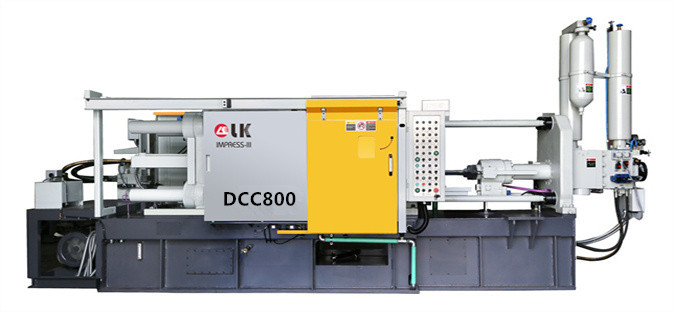
It not only affects the quality and performance of products but also directly determines production efficiency and cost.
This article will deeply explore the definition, types, manufacturing process, and application of machine tools in
various industries, aiming to provide readers with comprehensive and professional knowledge to help quickly solve related problems.
1. What is a Machine Tool?
A machine tool is a tool used to produce parts of various shapes and sizes. It achieves mass production by pressing raw materials
(such as metals, plastics, etc.) into specific shapes under high temperature or high pressure.
The machine tool is usually made of high-strength steel to ensure its durability and precision.
2. Types of machine tools
According to different processing methods and uses, machine tools can be divided into the following main types:
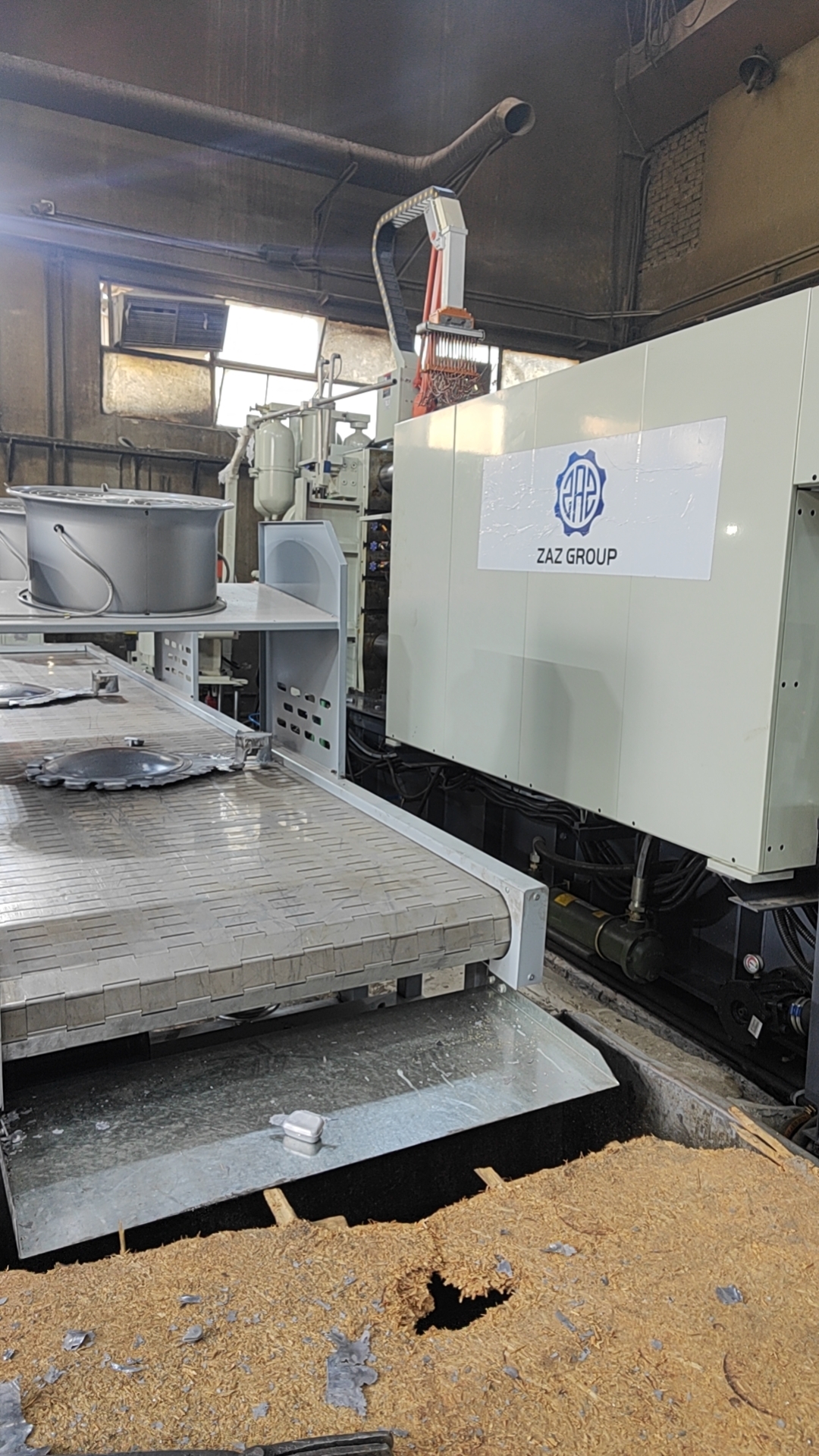
2.1 Die-casting molds
Die-casting molds are used to manufacture metal parts, especially light metal alloys such as aluminum, magnesium, and zinc.
It injects molten metal into the mold cavity under high pressure and forms the desired shape after cooling. Die-casting molds
are characterized by high precision and high production efficiency, and are suitable for mass production.
2.2 Injection molds
Injection molds are mainly used for the production of plastic products.
It is formed by injecting molten plastic into the mold and cooling it.
Injection molds are widely used in the automotive, electronics, electrical appliances, and other industries, and can produce
parts with complex structures and precise dimensions.
2.3 Stamping molds
Stamping molds are used for the forming of metal sheets. It applies external force through the stamping equipment to deform or
separate the sheet in the mold to form the desired shape. Stamping molds are widely used in the fields of automobile bodies, home
appliance shells, etc.
2.4 Forging molds
Forging molds form metal materials in the mold through heating and pressure. It is usually used to manufacture high-strength and
high-wear-resistant parts such as automobile engines and aviation parts.
3. Machine tools manufacturing process
The production of Machine tools is a complex and precise process, which usually includes the following steps:
3.1 Machine tools design
Machine tools design is the first and most important step in mold making. Designers need to use CAD software to make detailed designs according to
the specific requirements of the product, including the structure, size, tolerance, etc. of the Machine tools.
3.2 Material selection
The choice of machine tools material directly affects the life and performance of the machine tools. High-strength and wear-resistant steels are usually used,
such as H13 steel, SKD61 steel, etc.
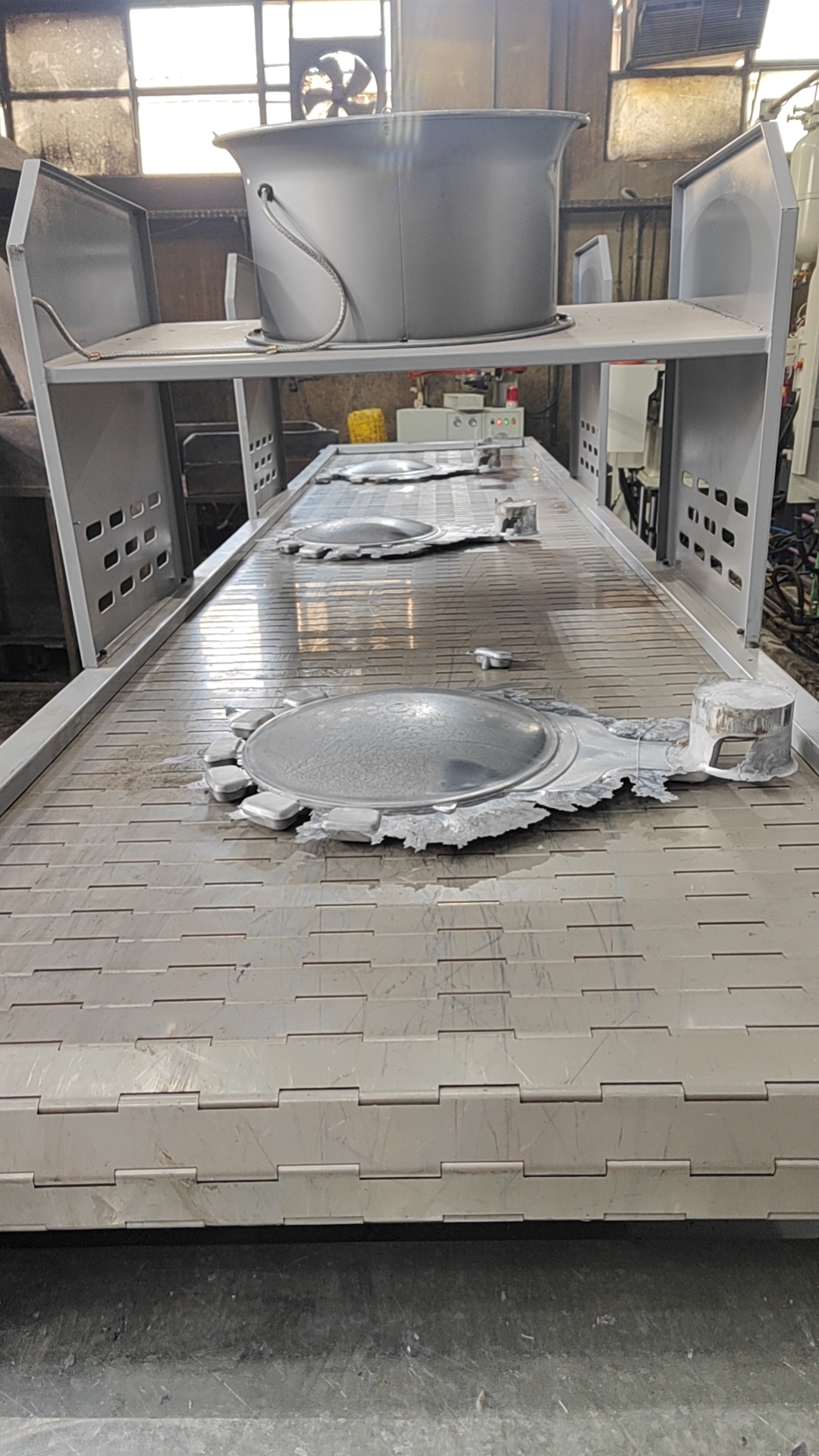
3.3 Processing and manufacturing
The processing and manufacturing of machine tools include steps such as roughing, finishing, and heat treatment.
Roughing is performed by lathes, milling machines and other equipment for preliminary shaping; finishing is performed by CNC machine tools
for precise processing to ensure the size and accuracy of machine tools; heat treatment is used to improve the hardness and wear resistance of the mold.
3.4 Machine tools assembly
After machine tools are processed, it needs to be assembled and debugged.
The assembly process has high requirements, and the matching accuracy of each component must be ensured to ensure the stability and reliability
of machine tools during use.
3.5 Machine tools trial
The assembled machine tools needs to be trialed to test its performance and quality. During the trial process, multiple adjustments and optimizations
are usually made until machine tools can stably produce qualified products.
4. Application of mechanical machine tools in various industries
Mechanical machine tools are widely used in various industries, and their importance cannot be ignored. The following are several major application areas:
4.1 Automobile Manufacturing
In the automobile manufacturing industry, machine tools are used to produce engine parts, body panels, chassis parts, etc. High-quality
machine tools can ensure the dimensional accuracy and surface quality of automobile parts and improve the performance and safety of the entire vehicle.
4.2 Electronic and Electrical Industry
The electronic and electrical industry has a huge demand for machine tools. Injection molds are used to produce various plastic housings, connectors,
etc.; stamping machine toolsare used to manufacture metal housings, heat sinks, etc. High-precision machine tools can improve product consistency and reliability.
4.3 Home Appliance Industry
In the home appliance industry, machine tools are used to produce housings and internal structural parts of home appliances such as refrigerators,
washing machines, and air conditioners. Efficient machine tools can greatly improve production efficiency and reduce manufacturing costs.
4.4 Medical Device Industry
In the medical device industry, machine tools are used to produce various precision medical equipment and instruments, such as syringes, surgical
tools, etc.
High precision and high cleanliness of molds are extremely high to ensure the safety and reliability of medical devices.
5. Future Development Trends of Mechanical Molds
With the continuous advancement of science and technology, mechanical molds are also constantly developing and innovating. The following
are several major development trends:
5.1 High Precision and High Efficiency
The modern manufacturing industry has higher and higher requirements for mold precision and efficiency. By adopting advanced processing technology
and equipment, such as five-axis linkage CNC machine tools, laser processing technology, etc., the processing precision and production efficiency
of machine tools can be greatly improved.
5.2 Intelligence and Automation
Intelligence and automation are important directions for the future development of molds.
By introducing intelligent manufacturing systems and automated production lines, automatic design, automatic processing, and automatic detection
of molds can be realized, production efficiency can be improved, and human errors can be reduced.
5.3 New Materials and New Processes
The application of new materials and new processes will bring new development opportunities to the mold industry.
For example, the application of high-performance composite materials and 3D printing technology can improve the performance and manufacturing
efficiency of molds and meet more complex and diversified production needs.
5.4 Green Manufacturing and Sustainable Development
Green manufacturing and sustainable development are important trends in the future manufacturing industry.
By adopting environmentally friendly materials and energy-saving technologies, energy consumption and environmental pollution in the mold
manufacturing process can be reduced, and sustainable development can be achieved.
6. Conclusion
As the core technology of modern manufacturing, mechanical molds have a wide range of applications and an important position. Through
continuous innovation and development, high precision, high efficiency, and intelligent and green manufacturing will become the development
the direction of the mold industry in the future.
I hope this article can provide readers with valuable information and help solve related problems in mechanical molds. If you have more
questions or needs, please feel free to contact professional LK mold manufacturers or technical consultants.
Mechanical molds are not only an important part of the manufacturing industry, but also a key force in promoting technological progress
and industrial upgrading.
Through continuous research and optimization of mold technology, LK will be able to cope with more complex and changing market demands
and create more high-quality and efficient manufacturing solutions.
I hope this article can add some useful information to your mechanical mold knowledge base and bring help in practical applications.
If you have any questions or suggestions, please feel free to contact us. We will wholeheartedly provide you with professional support
and services.
For more info, you can refer to: https://www.youtube.com/shorts/JLX410QV_kw
Contact LK Egypt to learn more info about the die-casting machine
LK OFFICIAL AGENT OFFICE DCM
LK Official Agent for Egypt(EGY), Saudi Arabia(ksa),United Arab Emirates(UAE),
The Islamic Republic of Iran(Iran), Qatar(QAT), The State of Kuwait(Kuwait)
Address: Industry Zone, South of Port Said Kebly, Egypt
https://www.zazdiecasting.com/
Phone/WhatsApp/Wechat: +86 13598704163
Mobile: +20 101 304 3317 +20 150 181 8310
Email: jack@zazmae.com ahmedmahmoud@zazmae.com
OTHER CONTENT
-
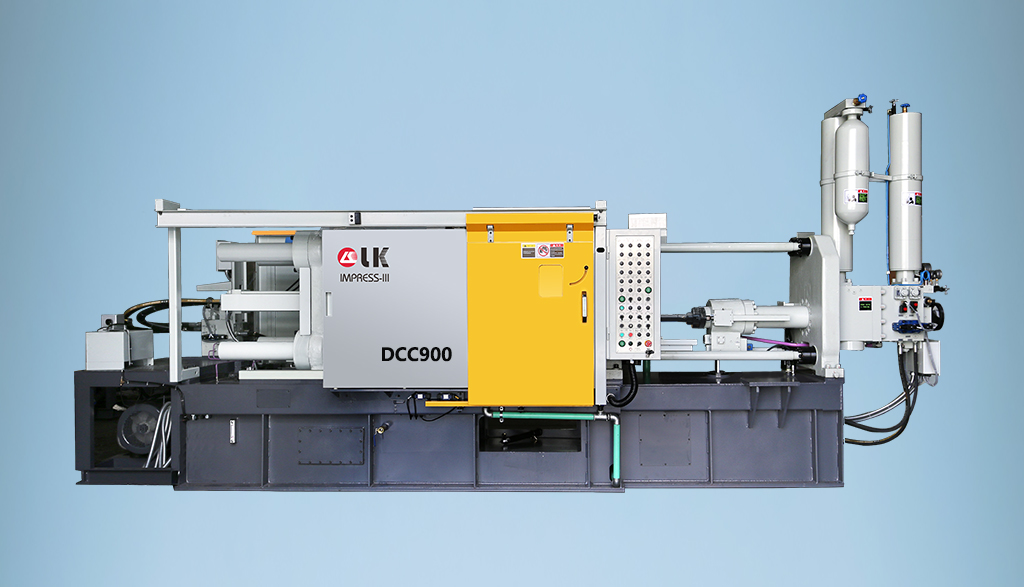
2024-09-19 14:16:15 LK Cold Chamber Die Casting Machine DCC900 Locking Force: 9000KN Die Height: 400-1000mm Space Between Tie Bars: 930x930mm Shot Weight: 13.5Kg Casting Area Max:2250c㎡
More -
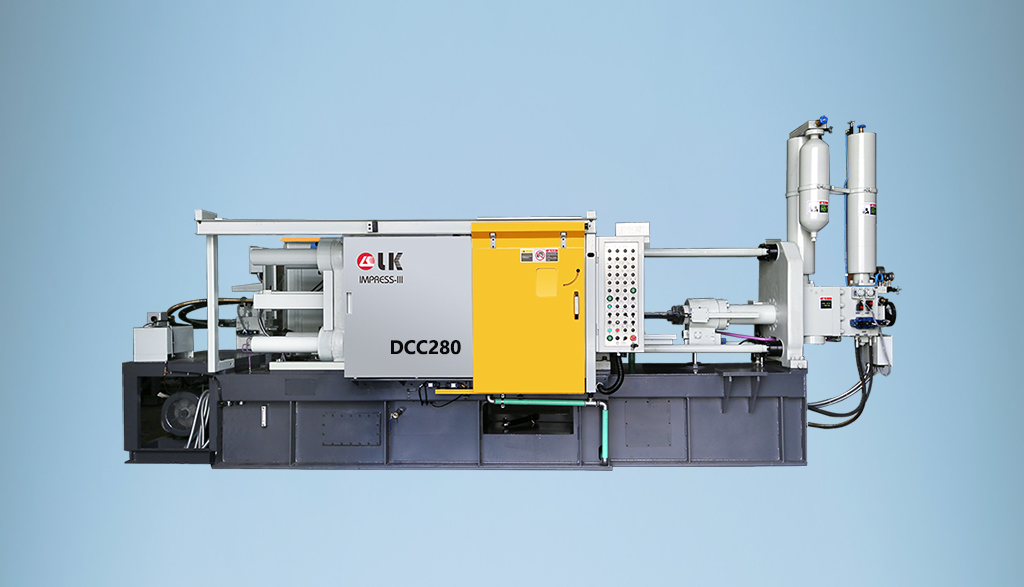
2024-09-19 14:11:06 LK Cold Chamber Die Casting Machine DCC280 Locking Force: 2800KN Die Height: 250-650mm Space Between Tie Bars: 560x560mm Shot Weight: 2.9Kg Casting Area Max:700c㎡
More -
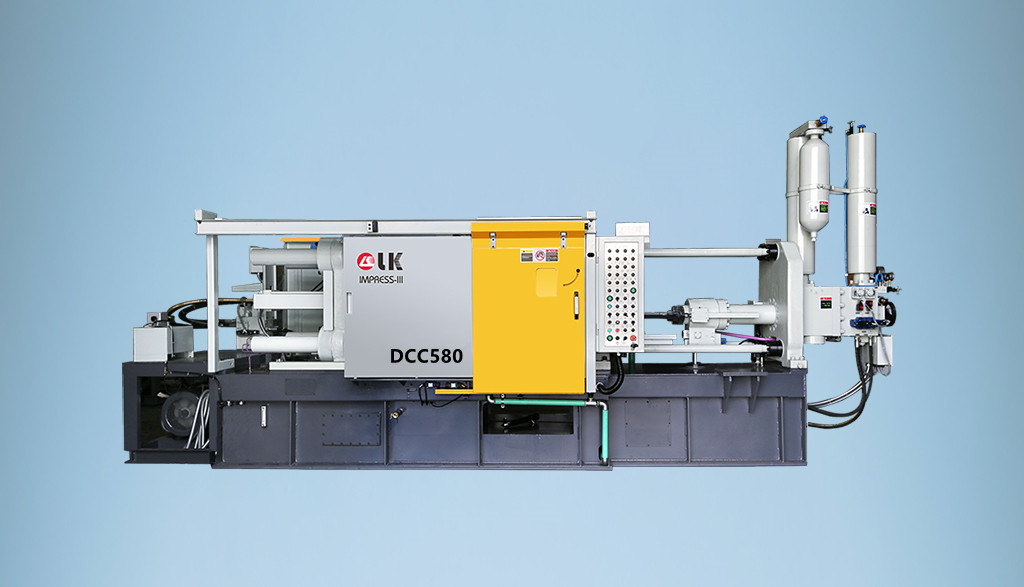
2024-09-19 10:23:07 LK Cold Chamber Die Casting Machine DCC580 Locking Force: 5000KN Die Heigh: 350-850mm Space Between Tie Bars: 760x760mm Shot Weight: 6.9Kg Casting Area Max:1250c㎡
More -
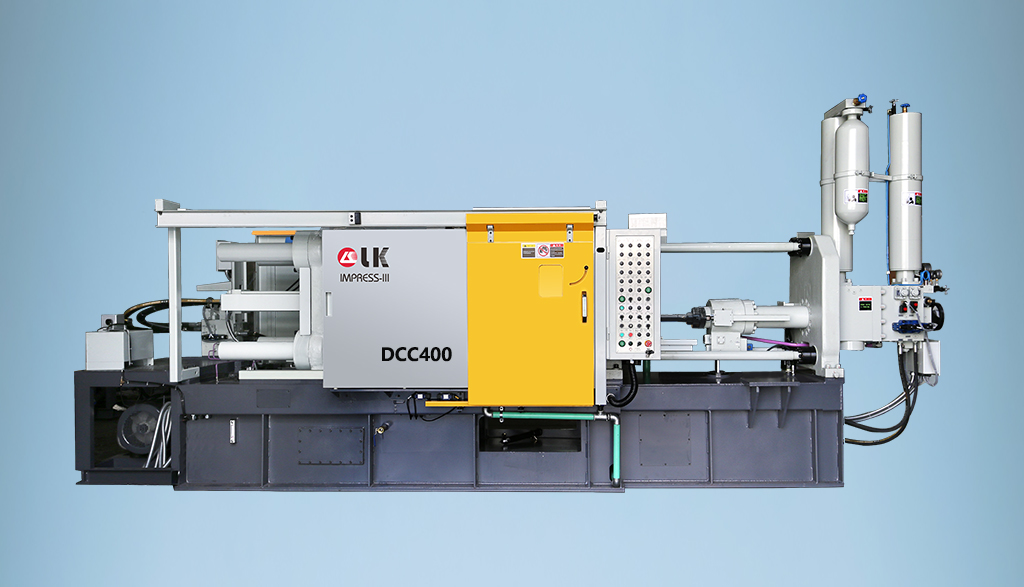
2024-09-19 10:11:20 LK Cold Chamber Die Casting Machine DCC400 Locking Force: 4000KN Die Height: 300-700mm Space Between Tie Bars: 669x669mm Shot Weight: 4.7Kg Casting Area Max:1000c㎡
More

